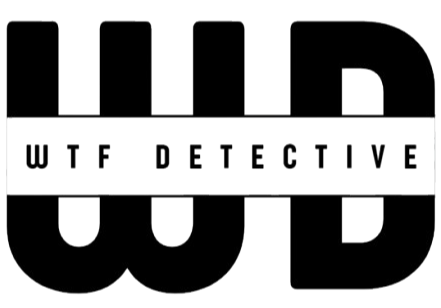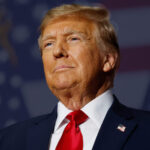Last weekend at a National Basketball Association (NBA) game in Toronto between the Toronto Raptors and the Los Angeles Clippers, the U.S. national anthem was met with boos—a rare and striking reaction. This has become something of a pattern in Canada since Donald Trump threatened tariffs on Canadian imports, a plan temporarily postponed for a month after Prime Minister Justin Trudeau pledged $1.3 billion to reinforce the border.
Yet Trump continues to boast about Canada potentially benefiting from becoming the 51st state. While the tariffs themselves are real, the notion of Canada joining the U.S. is pure fantasy—a fantasy that, nonetheless, has stirred strong reactions among Canadians and is particularly problematic for Canada’s Conservative Party.
Canada, with nearly 41 million people, is a major trading nation, part of the G8, maintains a military that exceeds expectations, and enjoys a respected global reputation. Roughly 70 percent of the population leans toward centre-Left or Left-wing parties, the country has long embraced social democracy and a robust welfare system, and about a quarter of Canadians speak French as their first language.
In foreign policy, Canada aligns more closely with Northern Europe than with the U.S., earning a reputation as a peacekeeper rather than a warmonger. It remains part of the Commonwealth, with the monarch as head of state, and has nurtured a distinct identity separate from its southern neighbour for 250 years. The country’s early settlers, known as Empire Loyalists, moved north during the American Revolution to remain under the crown.
Canada also maintains fully-funded abortion services, legalized same-sex marriage as early as 2005, abolished the death penalty in 1976, supports extensive public broadcasting, and considers public healthcare a birthright.
In short, there is no legal, moral, political, physical, or practical way for Donald Trump to incorporate Canada into the United States. Beyond the historical and factual realities, one of Canada’s defining characteristics is its non-American identity. It is not anti-American, but it is certainly not American.
While social media occasionally features calls for Canada to become the 51st state, these are often dubious, likely translated from foreign sources. There is no genuine appetite for such a move, and that places Conservative leader Pierre Poilievre in a challenging position.
Until recently, Poilievre led the polls comfortably ahead of an election expected this year, even as Liberal leader and Prime Minister Justin Trudeau prepares to hand over leadership to a successor, likely former Bank of England Governor Mark Carney.
The difficulty for Poilievre is that Carney presents himself as both an economic expert capable of countering tariffs and a Canadian nationalist who opposes Trumpian bombast. Meanwhile, the Conservatives had planned to focus their campaign on Trudeau’s record, the unpopular carbon tax, and their rallying cry that “Canada is Broken.” With Trump threatening annexation, the narrative has shifted—Canada’s response to external pressure now dominates public discourse, providing a strategic advantage to the Liberals.
Adding to the challenge, Poilievre, positioned on the right of the Conservative Party, is often unfairly compared to Donald Trump. While he would likely cut spending and strengthen foreign policy, he is more of a thoughtful moderate than many figures currently prominent in U.S. politics.
A small number of Canadian right-wingers flirt with Americanization, but they are marginal, eccentric, and extreme. Ironically, to be seen as defending Canada, the Canadian Right must denounce the U.S. Right while simultaneously defending the Liberals’ efforts to uphold national autonomy—a delicate balancing act.
Just weeks ago, the Conservatives were optimistic about a decisive victory and reducing the Liberals to a parliamentary rump. While a win is still possible, it will be far more complex than anticipated. The irony is striking: Donald Trump’s unnecessary provocations and reckless economic tactics may end up helping the Liberal Party secure yet another term in office.



